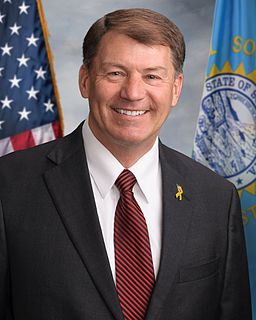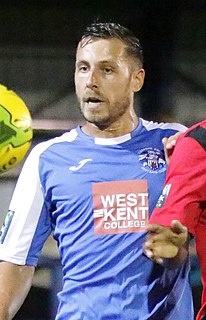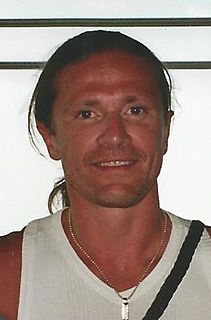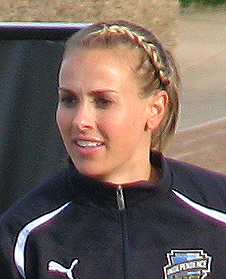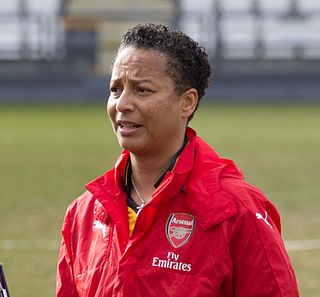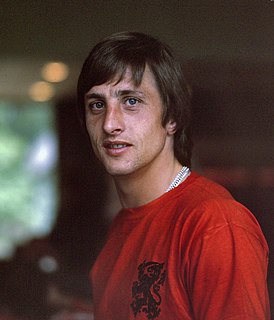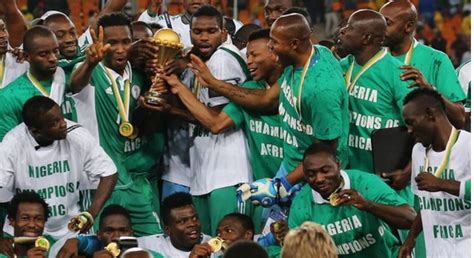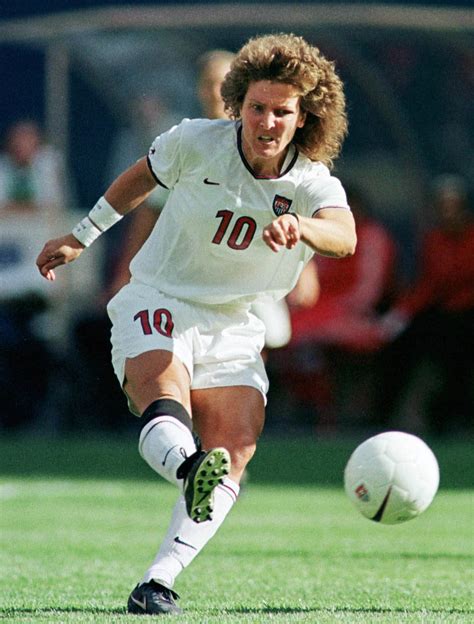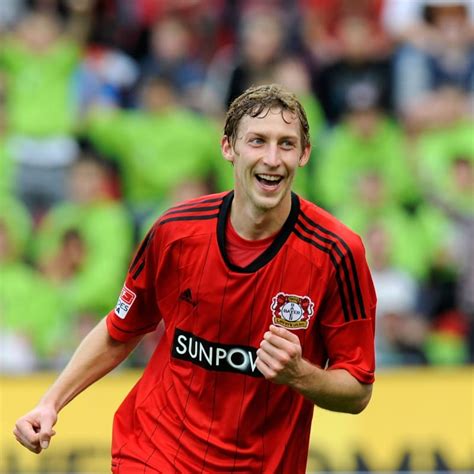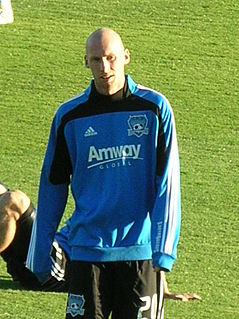A Quote by Jim Schwab
These early decisions can foreclose many opportunities to reshape the patterns of development in a community so as to make it better and safer by reducing vulnerability to future disasters.
Related Quotes
I hear, 'But why do poor people make such bad decisions?' But actually, their decision-making can be far more complex than that of the better-off in many ways. They're not financially illiterate: they're constantly weighing up choices based on the reality of poverty. Somehow the international development community has resisted accepting this.
The way to make better decisions is to make more of them. Then make sure you learn from each one, including those that don't seem to work out in the short term: they will provide valuable distinctions to make better evaluations and therefore decisions in the future. Realize that decision making, like any skill you focus on improving, gets better the more often you do it.
Here's what I learned as a mayor and a governor. The way you make communities safer and the way you make police safer is through community policing. You build the bonds between the community and the police force, build bonds of understanding, and then when people feel comfortable in their communities, that gap between the police and the communities they serve narrows. And when that gap narrows, it's safer for the communities and it's safer for the police.
Collectivism takes on many guises and seldom uses its own real name. Words like 'community' and 'social' soothe us into thinking that collectivist decision-making is somehow higher and nobler than individual or 'selfish' decision-making. But the cold fact is that communities do not make decisions. Individuals who claim to speak for the community impose their decisions on us all.
I talk to a lot of women who have difficult times who are suffering. I really want women to be encouraged and to have hope because things can get better. Make good decisions, stop making bad ones, because we have to take responsibility too. But make good decisions and really the future will be a lot better for your kids - and yourself.
There are only patterns, patterns on top of patterns, patterns that affect other patterns. Patterns hidden by patterns. Patterns within patterns. If you watch close, history does nothing but repeat itself. What we call chaos is just patterns we haven't recognized. What we call random is just patterns we can't decipher. what we can't understand we call nonsense. What we can't read we call gibberish. There is no free will. There are no variables.








